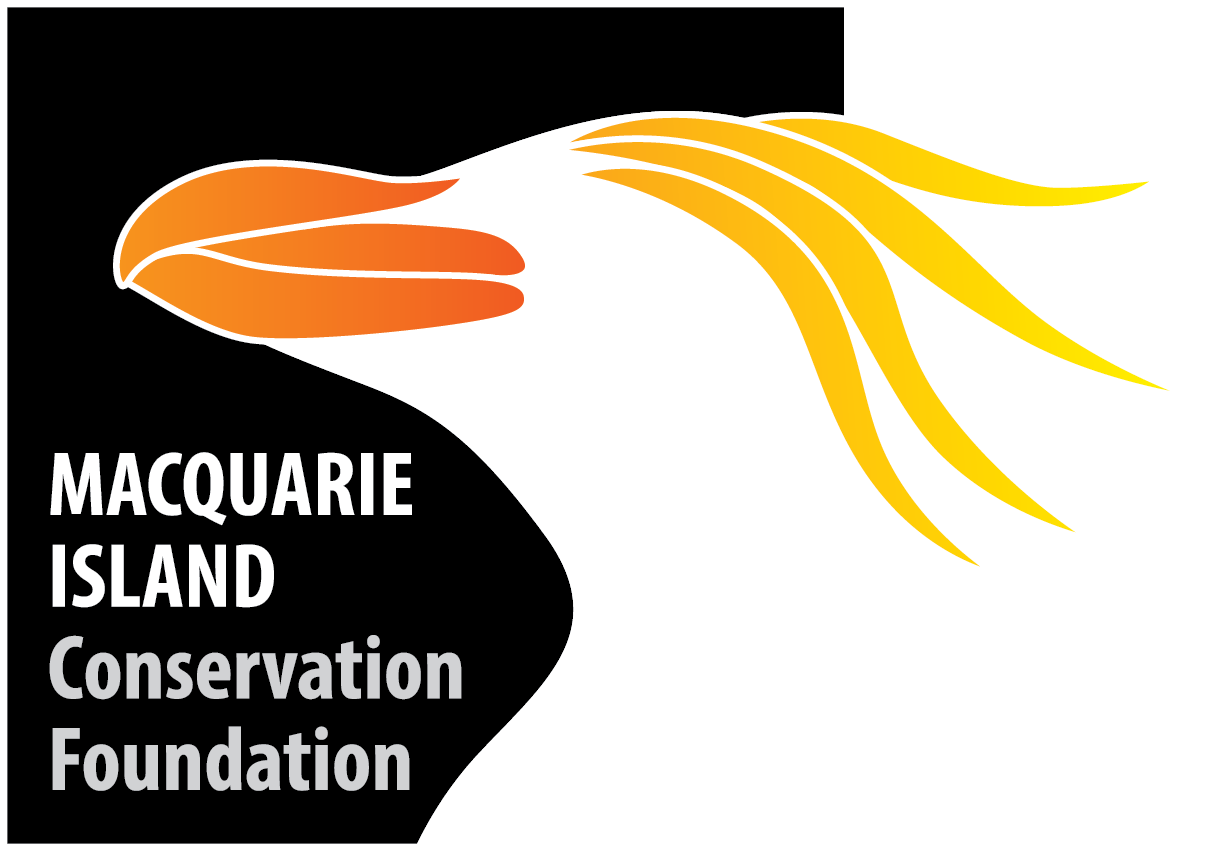High Pathogenicity Avian Influenza
High pathogenicity avian Influenza (HPAI) is impacting seabirds, seals and other wildlife across much of the globe. It is devastating that it has reached the sub-Antarctic Falkland Islands and South Georgia, home to vast congregations of wildlife, and there is recent news of an unconfirmed case in the Antarctic Peninsula. It is fortunate that there is currently no evidence to suggest that HPAI has reached Macquarie Island (or Australia and New Zealand more broadly), and we are extremely grateful that its remote location has kept the island safe so far. However, everyone is being vigilant and there are field teams on the island monitoring wildlife populations. Our thoughts are with our colleagues working at affected sites and we acknowledge the difficulties they face with this disease, as well as other ongoing threats to these precious seabirds and seals populations.
For more information about HPAI and the spread into the Sub-Antarctic please see some links below.
OFFLU-wildlife-statement-no.-II.pdf
https://www.bas.ac.uk/media-post/additional-cases-of-avian-flu-hpai-confirmed-on-south-georgia/
